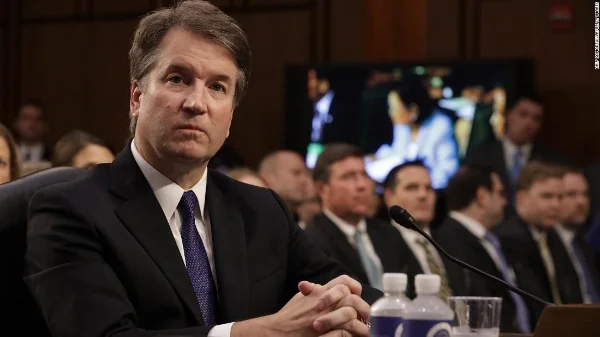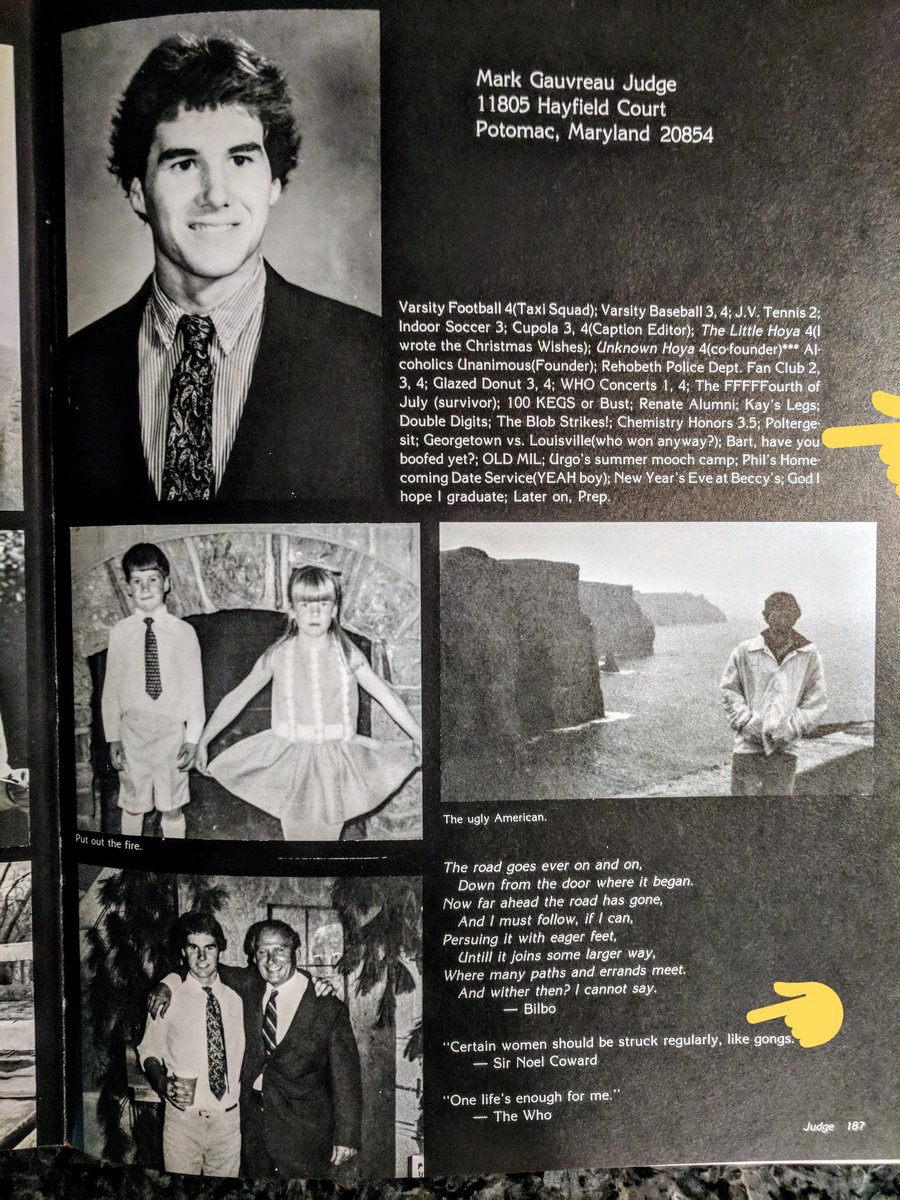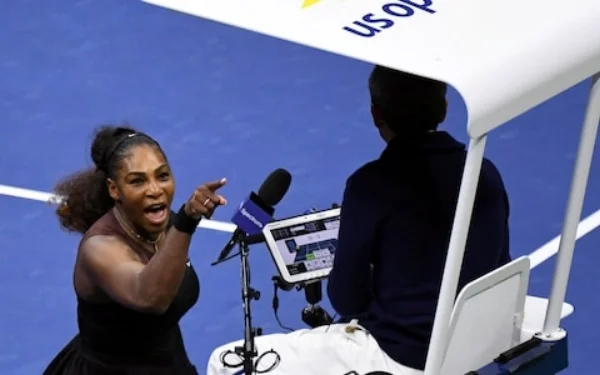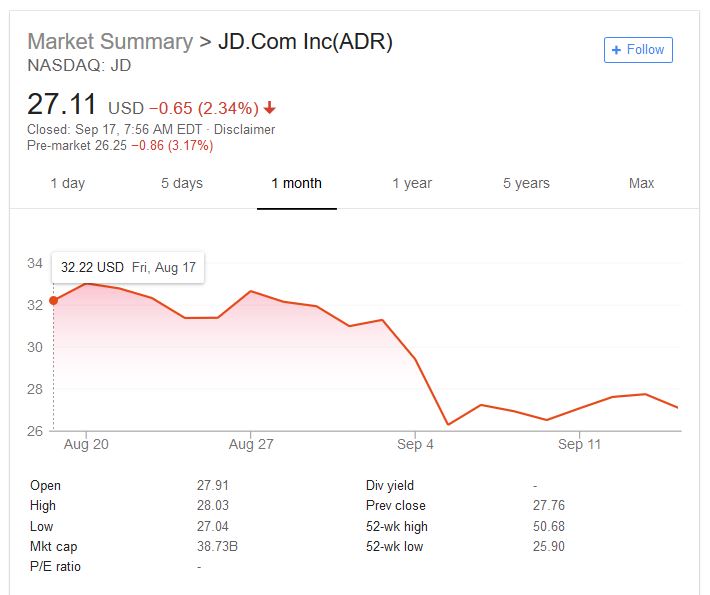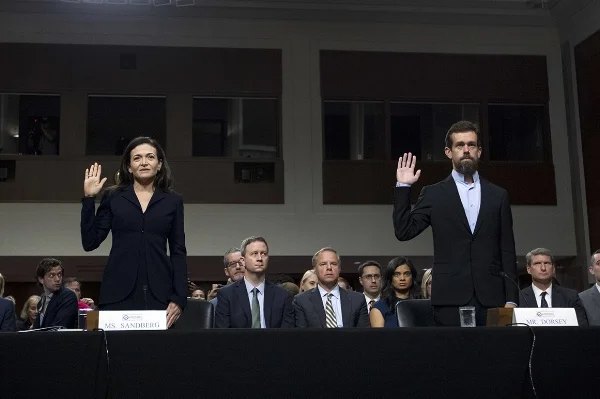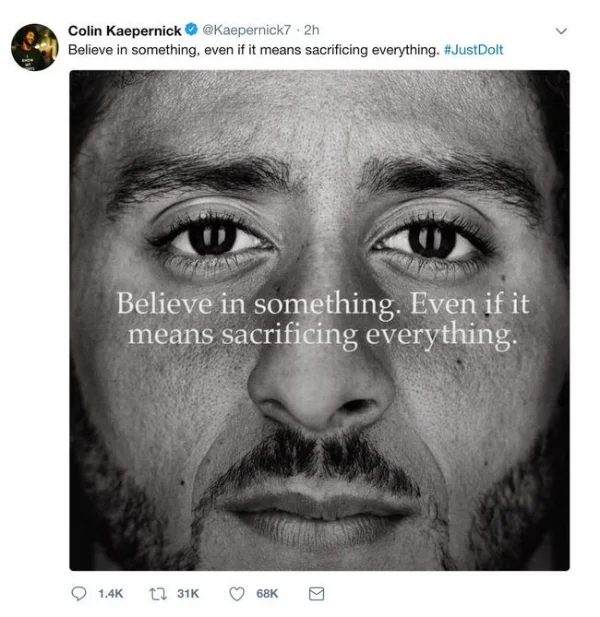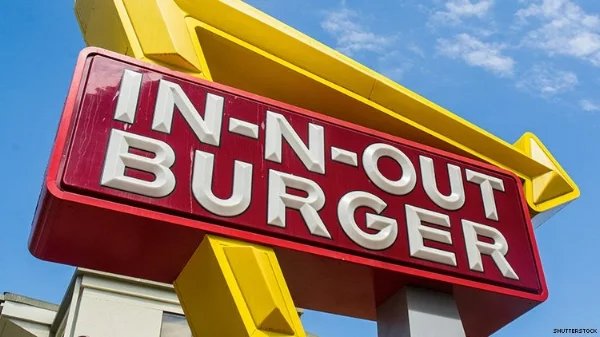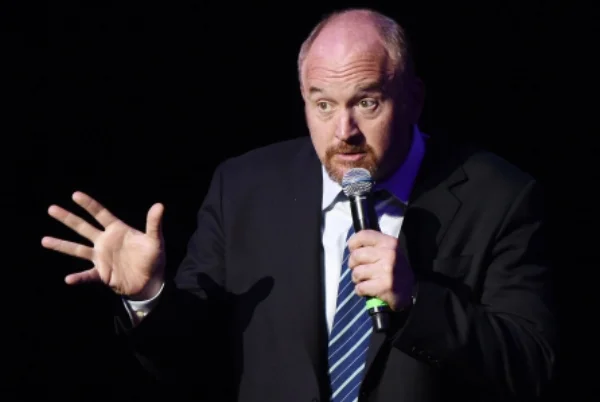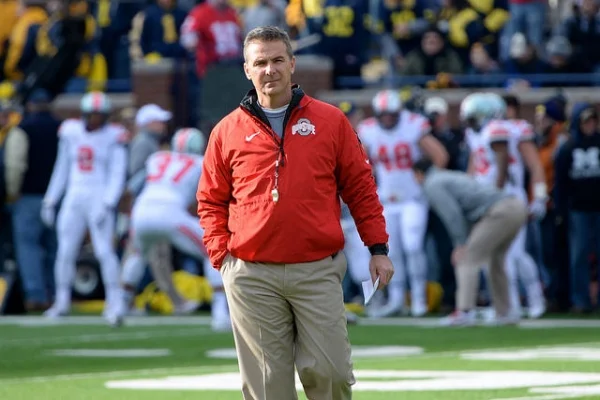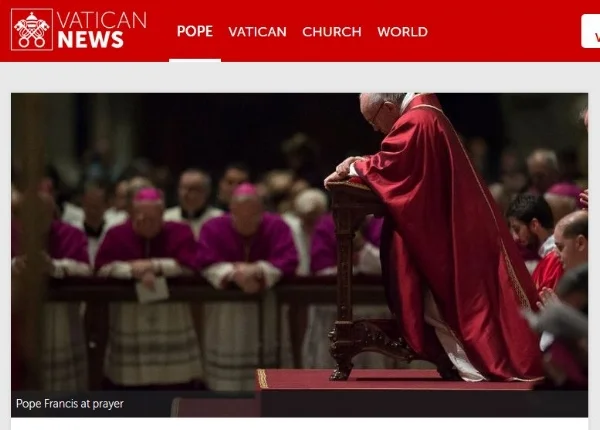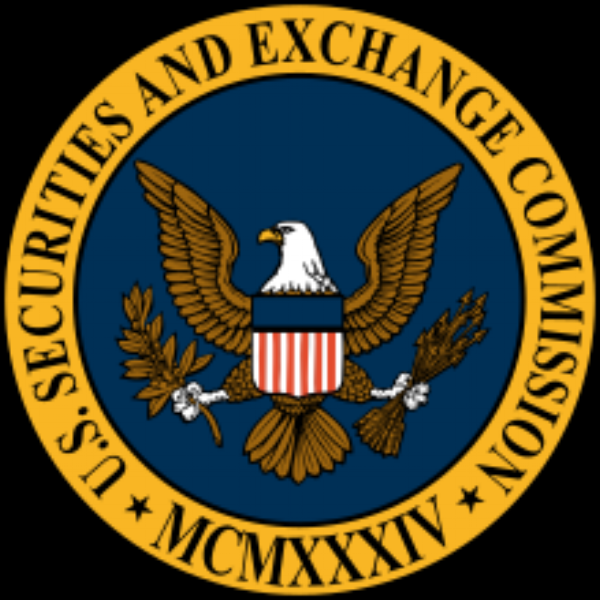Accusation and Defense of Brett Kavanaugh
On the final days of interviews with Brett Kavanaugh to become a Supreme Court Justice, a woman has accused him of sexual assault when they were teenagers, more than 30 years ago. Professor Christine Blasey Ford wanted to stay anonymous, but she is now known as the one who claims Kavanaugh assaulted her at a Georgetown Preparatory School party when she was 15 and Kavanaugh was 17. She revealed her allegation in a letter to her congressman. Dr. Blasey believes that she would have been raped if Kavanaugh weren’t drunk. Both will testify on Monday.
For leadership and business communication students, let’s look at the arguments on both sides. Here is some of the evidence presented so far:
Twenty-four women who attended private school with Dr. Blasey supported her in a signed letter “to attest to her honesty, integrity, and intelligence.” (For some letter-writing history, read the defense of Professor Avital Ronell and the subsequent explanation.)
Dr. Blasey passed a polygraph test, but critics say the test is imperfect for proving truthfulness.
Although Dr. Blasey doesn’t remember some details (for example, whose house they were at), trauma experts say this is typical for people who experience such a trauma.
Kavanaugh denies the incident: “I categorically and unequivocally deny this allegation. I did not do this back in high school or at any time.”
Mark Judge, Kavanaugh’s roommate at the time, said, “I have no memory of this alleged incident." Dr. Blasey claims he was in the room during the incident. Judge also said, "It's just absolutely nuts. I never saw Brett act that way.” He also said they were raised in Catholic homes that didn’t tolerate such behavior and that Kavanaugh was “brilliant” and not “into anything crazy or illegal.” Judge wrote a book, Wasted: Tales of a GenX Drunk, about his time at Georgetown Prep.
Kavanaugh’s high school yearbook has become public and is “raising eyebrows,” as MSNBC and CNN both report. The yearbook includes captions such as “Do these guys beat their wives?” and “100 kegs or bust,” indicating a party culture. Mark Judge’s yearbook page, shown here, includes a quote: “Certain women should be struck regularly, like gongs.”
The FBI and/or congressional investigation is a nearly impossible task. Does this evidence help?
Cover image source. Yearbook image source.
Discussion:
Which of these evidence points do you consider most and lease relevant to the question of whether Kavanaugh sexually assaulted Dr. Blasey?
What biases might you bring to the analysis? Think about your own assumptions and how they might affect your interpretation.
What advice would you give to members of Senate Judiciary Committee as they decide what happened and, ultimately, whether Kavanaugh should be elected to the highest court position.
Serena Williams Controversy
Serena Williams lost the U.S. Open women’s final tennis match and criticized umpire Carlos Ramos. A Washington Post article delves into “whether sexism, conscious or not, skews the playing field.”
The writer offers the following evidence:
Ramos still has support from the International Tennis Federation.
London Telegraph published data showing that, for the past 20 years, men received code violation fines almost three times as often as women. The writer acknowledges that men’s games are longer, but she says this doesn’t account for the entire difference.
An Australian newspaper criticized for what some consider a racist image of Williams boldly republished it on the cover with the headline, “Welcome to the PC World.”
The writer offers more evidence on both sides of the issue and suggests changes within the association.
Discussion:
Read more about the situation if you are unfamiliar. What could Williams and Ramos each have done differently?
What’s your view overall? Was Williams treated unfairly? Did she react appropriately?
How do you assess Williams’ response after the incident? How well did she recover from the so-called “outburst”?
What leadership character dimensions are illustrated by this situation?
JD.com CEO Arrested for Sexual Misconduct
Richard Liu, founder and CEO of Chinese e-commerce company JD.com, was arrested in Minneapolis for sexual misconduct. Because of his high profile and billionaire status, Liu’s arrest was the most popular topic of conversation on social media in China last week.
Two people describe a case involving a student at the University of Minnesota, part of a joint doctoral program in business administration with Tsinghua University. Liu was released without bail and has returned to China. He denies any wrongdoing, and JD.com posted a statement in Chinese, translated by a student:
Sunday, Sep. 2, 2018
We have noticed that there are rumors and false accusations about Mr. Qiangdong Liu on Weibo (Chinese social media site, similar to Twitter) recently. We hereby declare as follows: Liu was falsely accused while in the US on a business trip, but the police investigators found no misconduct and that he would continue his journey as planned. The company will take necessary legal action against false reporting or rumors.
Monday, Sep. 3, 2018
So far as we know, Mr. Liu was arrested on Aug. 31, 2018 in Minneapolis for investigation. He was released from custody shortly. There was no accusation or bail required for the release. Mr. Liu has returned to China and will resume his business activities as originally planned.
In addition to the stock price drop and embarrassment this causes Liu and JD.com, the company may have a governance problem. Liu is required to attend board meetings in person (although he may be able to join via video or telephone). Without him, as an 80% voting rights owner, the board may be unable to make decisions for the business.
A New York Times article focuses on China’s fascination with self-made billionaires as celebrities. Online discussions featured photos of Jack Ma laughing at Liu’s trouble.
Discussion:
I don’t see a statement or press release from Liu or from the company in English. Should Liu or the company publish something at this point on the website? Why or why not?
What should the company do now to manage through this crisis?
How does the Chinese reaction compare to situations in the United States? Can you think of a similar situation when Americans were fascinated by a leader’s hardship?
Changes at Riot Games
Following allegations of sexism, Riot Games has apologized and is making changes. A long report by Kotaku placed blame mostly on the fast company growth and sexist working environment.
Trying to shed its “bro-culture” stigma, leaders have acknowledged that the company could be more inclusive. In a long statement last month titled, “Our First Steps Forward,” the company starts by apologizing to “to all those we’ve let down.” The statement then lists steps the company will take around inclusion initiatives, staffing, training, and so on
In a more recent statement, the company announced hiring a “leadership and strategy expert,” Frances Frei, who had also worked with Uber. The statement includes this quotation from Frei:
“After spending time with Riot’s leadership and many others across the organization, it became clear that Riot is truly putting everything on the table and committing to evolving its culture. In my interactions with Rioters, I’ve seen extraordinary levels of engagement on these issues across the company. Every Rioter with whom I’ve met truly cares about inclusion, which means real change is possible. Riot isn’t interested simply in fixing problems on the surface, it has the ambition to be an industry leader and to provide a roadmap for others to follow. I share that ambition and am eager to help Riot navigate this process.”
Discussion:
Read Kotaku’s report. How credible do you find the investigation and reporting? What could increase the credibility?
Assess Riot Games’ statement. Who is the audience and what are the communication objectives? How do the organization, writing style, and tone affect your assessment?
Now assess the statement about Frei. What’s your view of including Frei’s statement? What else, if anything, should be included in the statement?
Overall, how well is Riot Games demonstrating accountability? What other leadership character dimensions are demonstrated?
Alibaba's New Chairman and Ma’s Letter
Following Jack Ma’s departure next year, Daniel Zhang will become Alibaba’s new chairman. Referring to himself as a “free and noncooperative person,” Zhang is the presumed choice because he’s been CEO since 2015. Someone who knows Zhang explained why he may have chosen the phrase “free and uncooperative”: “[H]e’s always chasing and seeking—to be free and not tied down to anything.”
A Bloomberg report describes Zhang as a “rising star” who did a great job implementing Ma’s strategy and vision and is “taking the company to the next level.”
A press release on the company website includes a letter from Jack Ma, which expresses confidence in Zhang:
“Daniel has been with Alibaba Group for 11 years. Since he took over as CEO, he has demonstrated his superb talent, business acumen and determined leadership. Under his stewardship, Alibaba has seen consistent and sustainable growth for 13 consecutive quarters. His analytical mind is unparalleled, he holds dear our mission and vision, he embraces responsibility with passion, and he has the guts to innovate and test creative business models. Deservedly, China’s business news media has named him the No.1 CEO in 2018. For these reasons, he and his team have won the trust and support of customers, employees and shareholders. Starting the process of passing the Alibaba torch to Daniel and his team is the right decision at the right time, because I know from working with them that they are ready, and I have complete confidence in our next generation of leaders.”
The letter ends on an emotional note: “The one thing I can promise everyone is this: Alibaba was never about Jack Ma, but Jack Ma will forever belong to Alibaba.”
Discussion:
Read the entire press release. Who is the audience? How would you describe the organizational structure?
The press release with Ma’s long letter included is unusual. We don’t see a quotation from Zhang; typically, an incoming executive will be quoted. Why do you think this was excluded? What could Zhang have said?
Jack Ma Will Leave Alibaba
Founder and Executive Chairman of Alibaba, China's largest e-commerce company, will step down, a process started five years ago when he transitioned out of the CEO role. Jack Ma is a powerful figure because of his billionaire success and his leadership reputation. Duncan Clark, author of Alibaba: The House that Jack Built, describes Ma as "an iconic figure" and "the most recognizable symbol of the China internet explosion and more broadly the China consumer boom."
Although the news had hit major media outlets, the Alibaba Group website doesn't yet have a posted press release. A Financial Times article includes this quote from Ma via The South China Morning Post: “I sat down with our senior executives 10 years ago, and asked what Alibaba would do without me. I’m very proud that Alibaba now has the structure, corporate culture, governance and system for grooming talent that allows me to step away without causing disruption.”
The move comes as Chinese tech stocks fall out of favor, partly because of regulatory and trade concerns. The Wall Street Journal reports that Ma will pursue philanthropic interests.
Discussion:
- What impact do you think Ma's decision will have on the Alibaba Group?
- Should the company have a press release posted on its website? What would be the value?
- Draft a press release announcing the decision.
Disneyland Employees Speak Out
Disney employees are on screen in a New York Times op-ed video, "I Work at the Happiest Place on Earth. Why Can’t I Pay My Rent?" A 30-year concierge and a cosmetologist are featured more prominently. One is currently living in her car, and another says, tearfully, that she has spent time in her car. Both say they love their jobs, but along with 75% of Disneyland employees, they can't afford to pay "basic expenses every month." Data comes from a questionnaire and report, "Working for the Mouse."
The argument is for Disney to pay a living wage, and the call is for citizens to vote for an Anaheim proposal that affects Disneyland employees and some local hotel workers. In the video, one claim is that real wages have declined because of inflation—what $15 per hour bought seven years ago isn't the same today.
Business leaders who are fighting the measure say that the increase would hurt jobs. One local Chamber of Commerce member argued, "We estimate 3-4,000 jobs lost over next year or two by companies having to absorb this new increased cost. They're going to reduce hours and reduce jobs."
Senator and former presidential candidate Bernie Sanders is also featured in the video. He is proposing a bill he calls "Stop BEZOS" to tax Amazon and other large companies for public assistance received by their employees. The idea is for companies with 500 or more employees to pay the government back for support paid to their employees who cannot survive on earned wages.
Discussion:
- How well does the video make the case for higher wages? Which are logical and which are emotional appeals? What evidence is presented?
- Assess the credibility of the questionnaire and report, "Working for the Mouse." From your assessment, what makes the report both credible and questionable? In what ways does the report reflect business communication standards, and in what ways does it fall short?
- Research the impact of raising wages on industry, for example, this Cornell report. What's your view of this argument? It's a complicated question because of different industries, locations, labor supply, rates, etc.
- In what ways do the employees featured in the video demonstrate courage? What risks did they take in appearing on screen?
Twitter Denies Shadow Banning
"Shadow Banning" was a big topic at yesterday's Senate Intelligence Committee hearings with Facebook and Twitter. Twitter CEO Jack Dorsey denied the claim that tweets are suppressed based on political ideology. But he did admit that candidates' tweets were affected in search results.
In a blog post, Twitter executives explained the definition of shadow banning and denied the practice. The post also explains how search results are ranked:
- Tweets from people you’re interested in should be ranked highly
- Tweets that are popular are likely to be interesting and should be higher ranked
- Tweets from bad-faith actors who intend to manipulate or divide the conversation should be ranked lower
The executives confirm a technical issue that prevented Republican politicians tweets from showing up in searches, but they write, "some Democratic politicians were not properly showing up within search auto-suggestions as result of this issue." Like Dorsey, they don't specify numbers affected on each side.
Discussion:
- Assess Dorsey's response to Representative Joe Barton's questions. How well did he respond? How do you assess his delivery skills?
- How well does Twitter take responsibility in the blog post?
- How well does the blog post explain the situation and defend the search results?
Can You Identify Fake Facebook Pages?
A New York Times article asks readers to spot deceiving Facebook accounts based on posts. In the example below, which is from a fake page?
If you guessed the one on the right, you are correct. The best indicator, according to the article, is the poor word choice and grammar at the top of the post: "live" should be "leave," and "End of the story" is atypical English and should read "End of story." Particularly to identify Russian posts, look for missing or misused articles (a, an, the).
But some posters are getting more clever. In the example at right, we see that text is lifted from another source, so the writing style and grammar sound like native English.
I just re-read 2017 Facebook guidelines about spotting fake news. Interestingly, the advice doesn't include looking carefully at grammar, proofreading, and punctuation.
Discussion:
- In a way, aren't we giving into our biases if we assume that posts with poor grammar are from international sources that lack credibility? How do you reconcile this approach to spotting fake news?
- How confident are you in spotting posts from credible sources? Under what circumstances have you been fooled in the past?
Nike Takes a Chance on Kaepernick
Former National Football League quarterback Colin Kaepernick will be the new celebrity face of Nike's "Just Do It" campaign. Kaepernick was the center of controversy when players were both complimented and criticized for "taking a knee" to protest racism and promote social justice.
Nike and Kaepernick already had a sponsorship deal, but this new contract extends it. The deal may be "awkward," to use The New York Times's phrase, because the NFL has not been able to stop player protests, to the dismay of President Trump and others.
Also, Kaepernick hasn't played in the league since 2016 and has an active grievance, accusing the league of conspiring to prevent him from playing.
But neither Nike nor Kaepernick are shying away from the message. The first ad shows Kaepernick with the caption, "Believe in something. Even if it means sacrificing everything."
As part of the deal, Nike will contribute to "Know Your Rights," Kaepernick's foundation to "fight oppression of all kinds globally, through education and social activism.
Discussion:
What risks is Nike taking with this contract? Do you believe the campaign will be well received, divisive, or something else?
Nike didn't respond to The New York Times for comment about the story. Should the company include a comment or make a statement? Why or why not?
What leadership character dimensions are illustrated by this story?
In-N-Out Responds to Boycott
Eric Bauman, chair of the California Democratic Party, called for a boycott of In-N-Out Burger for donating $25,000 to the GOP, but the company had a strong defense. Bauman tweeted to his 11,000 followers:
“Et tu In-N-Out? Tens of thousands of dollars donated to the California Republican Party . . . it’s time to #BoycottInNOut — let Trump and his cronies support these creeps . . . perhaps animal style!”
But Bauman didn't get support from his party. A spokesperson said, "It was his personal tweet and doesn’t reflect party policy. That said, he is giving force to a sentiment many people feel right now. Which is that, in this era, with the stakes so high, engaging in things like personal boycotts is a way for people to effect change.”
The California Republican Party also disputed the call:
“I have no idea what possessed the California Democrat Party chairman to attack a California institution like In-N-Out, especially considering the fact that the organization gave more money to Democrats than Republicans recently. I’m sure he got many angry phone calls from Democrats who have benefited from In-N-Out’s generosity, and that’s why he not only went dark following the tweet, but forced the party’s spokesperson to distance the party from the comments.”
In response to the charge, In-N-Out defended its giving and other practices.
Discussion:
- Like the Facebook employees' call to join a FB group, calling for a boycott is one way to get attention. In this case, is a boycott a good strategy? Why or why not?
- Analyze In-N-Out's statement. How well does the company defend itself against the boycott?
Facebook Memo from Conservative Employees
Reminiscent of last year's Google memo titled "Google’s Ideological Echo Chamber," a group of politically conservative employees at Facebook wrote a memo titled "We Have a Problem With Political Diversity." The message is similar: employees who hold conservative views do not feel included at the company.
The memo emphasizes two major points:
- "We are a political monoculture that’s intolerant of different views."
- "We do this so consistently that employees are afraid to say anything when they disagree with what’s around them politically."
The writer includes some evidence, and business communication students may want more. The end of the memo, which is much shorter and less divisive than Google's, includes a call to action: for interested employees to join a Facebook group, now showing 1422 members.
Discussion:
- Assess the memo for organization. Are the headings clear and parallel? What are the strengths, and what could be improved?
- Now assess the evidence. Which facts and examples do you find most and least convincing? What additional evidence would improve the arguments?
- What's your view of the employees' approach? Do you find the memo and call to join a Facebook group an effective choice for the company? What could be some alternatives?
- In what ways is this situation an example of diversity and inclusion at Facebook?
- In what ways does the memo demonstrate courage?
Louis C.K. and Steve Wynn Are Back
Comedian Louis C.K. showed up unexpectedly at a comedy club in New York and performed his usual act. You may remember that five women accused Louis C.K. of sexual harassment, for which he wrote an apology, admitting to the acts the women described. Since then, he has been out of the spotlight.
Comedy Cellar owner Noam Dworman said the crowd responded positively and gave him a standing ovation as he took the stage. Dworman acknowledged the risk he took in having Louis C.K. perform:
“I understand that some people will be upset with me. I care about my customers very much. Every complaint goes through me like a knife. And I care about doing the right thing. . . .[but] there can’t be a permanent life sentence on someone who does something wrong.”
Some business leaders accused during the #MeToo movement are also trying to make a comeback. Steve Wynn, for example, has started an online art gallery featuring paintings by Picasso, Warhol, and others. When asked whether Wynn's history would have a negative effect on his venture as an art dealer, his lawyer, Michael Kosnitzky, said he, "didn’t believe so." Kosnitzky also said that Wynn still denies the charges and believes “people should look at the totality of the man.”
Discussion:
- What do you think factored into Dworman's decision to allow Louis C.K. to perform? Did he do the right thing?
- Louis C.K. didn't include any material about sexual harassment or his apology. This would have demonstrated his vulnerability. What would have been the benefits and drawbacks?
- What's your view of Steve Wynn's attempt to reinvest himself as an art dealer?
- Wynn's name doesn't appear on the website. Do you think that's the right decision? Why or why not?
President Trump Criticizes Google
In two tweets, President Trump criticized Google and other technology companies of "suppressing voices of Conservatives and hiding information and news that is good." Calling the situation "very serious" and "very dangerous," he claims that "fake" liberal news is elevated in search engines, while "fair" Republican/Conservative perspectives are suppressed.
The president's evidence is based on searching for "Trump News," which he claims resulted in 96% of stories from "National Left-Wing Media." The data came from Lou Dobbs' reporting on Fox Business Network about an "unscientific study" by PJ Media, a conservative organization.
It's also unclear which news organizations Fox and President Trump put in the "left-wing" category. A Wall Street Journal article explains that the president considers even mainstream media outlets to be "fake news," so what he calls unfair representation may not align with a "statistically neutral news aggregator."
Yet the article acknowledged that the search engine algorithm for Google News is "opaque." In addition, Facebook was questioned during Congressional Hearings about suppressing conservative views, and several technology companies did recently close accounts belonging to Alex Jones and InfoWars, a conservative organization, for violating terms of agreement. Social media sites (except Twitter, which has retained Jones's account) provide reasons for closing Jones's account such as his claiming that the shooting at Sandy Hooks Elementary School in 2013 was a hoax.
A spokesperson for Google denies biased search results:
"We continually work to improve Google Search and we never rank search results to manipulate political sentiment."
Discussion:
- Try to find evidence on both sides of this argument: that Google News is unbiased against President Trump and that his claims are unfounded.
- What's your view about Google Search results? How might your own political perspective factor into your view?
- How can you ensure that you're getting the most balanced news possible? (Hint: Don't rely on your Facebook feed.)
Archbishop Calls for Pope's Resignation
As more allegations of sexual abuse within the Catholic church become known, the most senior levels of the organization are facing new challenges. Last week, Pope Francis wrote a letter chastising abusers and calling on the Church to do better. Today, a former senior Vatican, who was an ambassador to the U.S., accused the pope of knowing about and covering up abuse cases since 2013. He is calling on the pope to resign.
The situation involves Archbishop McCarrick, who resigned as cardinal in July. McCarrick is accused of sexually abusing seminarians, and the Pope is accused of "rehabilitating" him rather than disciplining him and removing him from his position.
Archbishop Carlo Maria Viganò explains his reasoning in documented "testimony," including this segment:
Image source of Pope Francis and Archbishop McCarrick.
Discussion:
- Should the pope resign? Why or why not? How does this situation compare to corporate examples? Consider the hierarchy and relationships.
- In what ways is this situation a matter of integrity?
- Viganò uses the word parrhesia. What does this mean, and how does this relate to business communication?
- Which other leadership character dimensions are illustrated by this situation?
Ohio Football Coach: Another Case of Deleted Messages
Ohio State football coach Urban Meyer will forgo pay and the ability to coach three games because of his failure to appropriately handle a staff member's misconduct. A New York Times article chronicles issues with Zach Smith's behavior, including paying $600 at a strip club during a recruiting event, a domestic violence charge, and an affair with a staff member.
During a press conference, Meyer apologized, saying, "I should have done more, and I am sorry for that," and "I followed my heart and not my head."
The Times article also describes a conversation between Meyer and Smith about deleting text messages. I should count the number of stories on this blog since 2010 illustrating that deleting texts and emails fail to get the desired result. These messages are almost always recoverable, and the act of deletion makes the accused look even more guilty.
In addition, in this situation, Ohio State officials at first failed to produce messages requested by the school newspaper. Worse, several staff knew about the request, but no one even approached Coach Meyer to retrieve them.
Discussion:
- Once again, where are the many places deleted messages may be stored? How else can they be retrieved?
- What's your view of the strip club visits? Could Meyer reasonably argue that this is just part of the recruiting process? After all, no students were invited—only university and high school coaches.
- Assess the press conference. How well did university officials, including Meyer, respond to reporters' questions? Did the team appropriately take accountability?
School Policy for "Natural" Hair
An 11-year-old black girl was sent home from school because her hair didn't fit guidelines for "natural" hairstyles. Over the summer, Christ the King Parish School in Terrytown, Louisiana, established a new policy, published in its handbook, banning hair extensions, which Faith Fennidy was wearing.
Videos show Fennidy crying, and critics called the policy discriminatory. But the Archdiocese of New Orleans defended the school's decision:
"This policy was communicated to all parents during the summer and again before the first day of school, and was applied to all students.
"The school offered the student's family an opportunity to comply with the uniform and dress policy and the family chose to withdraw the student; the student was not suspended or expelled."
A representative for the school also said, "We remain committed to being a welcoming school community that celebrates our unity and diversity." Fennidy decided not to return to the school.
Discussion:
- What's your view of the policy? Do you find it appropriate, discriminatory, or something else?
- How do attire policies in companies compare? What examples of similar policies have been problematic for companies?
- Read more about the situation on BusinessInsider. How well did the school handle the situation? What, if anything, could have been done differently?
SodaStream Acquisition Communications
Pepsi will acquire SodaStream, which makes sense given declining sales of sugary drinks and bottled water, and increasing sales of sparkling water.
As we might expect, the press release focuses on Pepsi's "growing water portfolio" and its goal of "reducing the amount of waste generated." Incoming CEO and President Ramon Laguarta emphasized the strategic match between the two companies:
"SodaStream is highly complementary and incremental to our business, adding to our growing water portfolio, while catalyzing our ability to offer personalized in-home beverage solutions around the world. From breakthrough innovations like Drinkfinity to beverage dispensing technologies like Spire for foodservice and Aquafina water stations for workplaces and colleges, PepsiCo is finding new ways to reach consumers beyond the bottle, and today's announcement is fully in line with that strategy."
A Wall Street Journal article included a clear, simple column chart showing the dramatic increase in seltzer water.
Discussion:
- What is not said in the press release? What, if anything else, should be included?
- Pepsi's former CEO was Indra Nooyi, one of the few women running Fortune 500 companies, just announced her departure after 12 years. How, if at all, do you think the acquisition timing is relevant?
- What visual design principles are illustrated in the column chart?
Pope Francis's Letter
Pope Francis has joined the conversation about sexual abuse in the Catholic church after 1,000 victims and 300 perpetrators were identified by a grand jury investigation report in Pennsylvania. The report also revealed how the church systematically covered up the abuse over a 70-year period.
In an open letter, which is posted on Vatican News, expresses empathy early and often, for example, in this passage:
In recent days, a report was made public which detailed the experiences of at least a thousand survivors, victims of sexual abuse, the abuse of power and of conscience at the hands of priests over a period of approximately seventy years. Even though it can be said that most of these cases belong to the past, nonetheless as time goes on we have come to know the pain of many of the victims. We have realized that these wounds never disappear and that they require us forcefully to condemn these atrocities and join forces in uprooting this culture of death; these wounds never go away. The heart-wrenching pain of these victims, which cries out to heaven, was long ignored, kept quiet or silenced.
Pope Francis's letter follows one by Pope Benedict XVI in 2010, when abuse in Ireland became widely known.
Discussion:
- Compare the two letters. In what ways are they similar and different? How might the circumstance and timing affect each approach?
- How is the letter organized? How would you describe the tone?
- Which character dimensions does Pope Francis demonstrate in his letter?
The Debate Over Quarterly Reporting
President Trump is asking the SEC to no longer require report quarterly earnings. Instead, companies would report results every six months.
This may be good news for those who believe that publishing frequent earnings reports encourage a short-term focus. The idea is that investors make rash decisions based on the results from only three months.
One downside of the change could be less transparency. The value of quarterly reports is that investors are more aware of what's happening. In addition, the process itself may be useful internally, as a former investment banker explains:
"What I see from the inside of the quarterly earnings cycle is that there’s actually a lot of discipline in it. That process of having to prepare it, release it, explain it and answer questions has real value.”
Also, not everyone agrees that eliminating the report will foster longer-term thinking. As a compromise, some are proposing that reports are still published, but that specific earnings-per-share guidance information isn't included.
Discussion:
- Describe the importance of transparency in financial reporting. How does this relate to accountability?
- What's your view of the proposal to eliminate quarterly reports? Do you see additional benefits or downsides than what is mentioned here?
- In his tweet, President Trump refers to making "business (jobs) even better." How do you see this as a result of his proposal?

